Related Research Articles

Francesco de Sanctis was an Italian literary critic, scholar and politician, leading critic and historian of Italian language and literature during the 19th century.
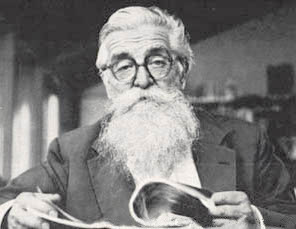
Gustavo Colonnetti was an Italian mathematician and engineer who made important contributions to continuum mechanics and strength of materials. He was a Rector of the Politecnico di Torino and President of CNR. His theories found important applications in modern techniques of construction, such as pre-stressed concrete.
Giorgio Bàrberi Squarotti was an Italian academic, literary critic and poet. He taught at the University of Turin from 1967 until his death in 2017. He was considered to be one of the most important literary critics of his time.

Piero Calamandrei was an Italian author, jurist, soldier, university professor, and politician. He was one of Italy's leading authorities on the law of civil procedure.
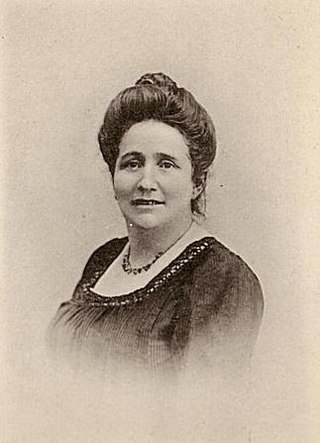
Ida Baccini was an Italian writer for children. Baccini was editor-in-chief of Cordelia, a journal for girls published from 1884 to 1911.

Gianfranco Pasquino is an Italian political scientist.
Alberto Melloni is an Italian church historian and a Unesco Chairholder of the Chair on Religious Pluralism & Peace, primarily known for his work on the Councils and the Second Vatican Council. Since 2020, he is one of the European Commission's Chief Scientific Advisors.
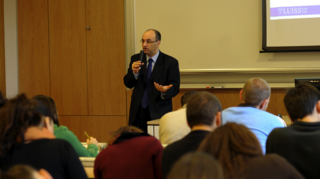
Michele Sorice is an Italian sociologist and political scientist known for his work in the fields of political communication, political science and critical media studies. He is the author of over 25 books and 50 articles.
Luigi Firpo was an Italian historian and politician, who was born and died in Turin.

Gaetano Cozzi was an Italian historian, professor at Padua University, and researcher with the Giorgio Cini Foundation and Fondazione Benetton Studi e Ricerche. He was a specialist in Venetian history, with special attention to the institutions, the relationship between law and society and the cultural environment.

Paolo Alatri was an Italian historian and Marxist politician.
Andrea Della Corte was an Italian musicologist and critic. Born in Naples on 5 April 1883, Della Corte studied law at the University of the native city, but was self-taught in music. After some short experiences in Neapolitan papers, he moved to Turin, where he was music critic for La Stampa from 1919 to May 1967. He brought the music journalism in Italy to a level of «professionalism hitherto unknown». In Turin, Della Corte also taught history of music, both at the Turin Conservatory (1926–53) and at the University of Turin (1939–53).

Gioacchino Volpe was an Italian historian and, during the years between the two world wars, a politician.
Nicoletta Maraschio is an academic teacher of "History of Italian Language" at University of Florence. She was the first woman in charge of Accademia della Crusca, from 2008 to 2014, succeeding Francesco Sabatini.
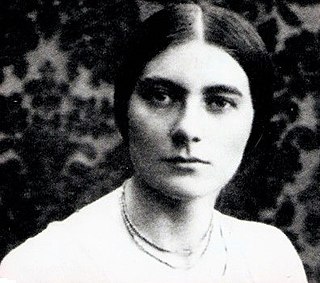
Anna Maria Brizio (1902-1982) was professor of art history at the University of Milan, a member of the Commissione Vinciana and an authority on the work of Leonardo da Vinci.

Chiara Frugoni was an Italian historian and academic, specialising in the Middle Ages and church history. She was awarded the Viareggio Prize in 1994 for her essay, Francesco e l'invenzione delle stimmate.
Natalino Sapegno was a literary critic and Italian academician. He came to prominence as a leading scholar of fourteenth century Italian literature.

Stefano Nino Nutrizio was a Dalmatian Italian journalist. He is best remembered as the director of Italian daily La Notte and for his outspoken counter-current views.
Carmelo Samonà was an Italian academic and writer, as well one of the most important Italian Hispanists.
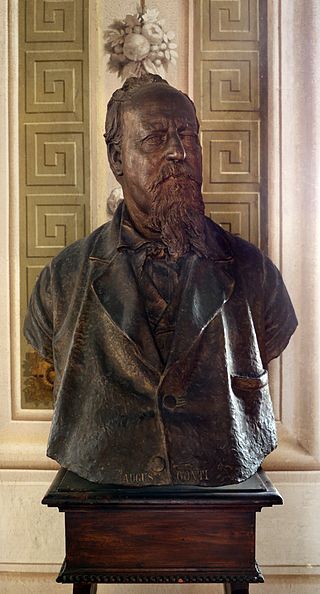
Augusto Conti was an Italian philosopher and academic.
References
- ↑ "Valeri, Nino". Enciclopedia Italiana - III Appendice (1961). Giovanni Treccani S.p.A. (Istituto della Enciclopedia Italiana). Retrieved 2 September 2021.
- ↑ Sergio Bertelli. "Carlo Morandi e Nino Valeri". Il Contributo italiano alla storia del Pensiero - Storia e Politica (2013): Enciclopedia Italiana - III Appendice (1961). Giovanni Treccani S.p.A. (Istituto della Enciclopedia Italiana). Retrieved 29 March 2017.
- ↑ Licio Zellini (editorial co-ordination); Fulvio Salimbeni, Diego Redivo & Giulio Cervani (contributors) (27 April 1999). "Nino Valeri - Pagine recuperate". Circolo della Cultura e delle Arti di Trieste. Archived from the original on 30 March 2017. Retrieved 29 March 2017.
{{cite web}}:|author2=has generic name (help) - ↑ Chiara Manfrin (compiler/curator). "Diego Valeri (Piove di Sacco, 1887 - Roma, 1976): Profilo Biograpfico" (PDF). Retrieved 29 March 2017.
- ↑ "Nino Valeri, Classe di Scienze morali, storiche e filologiche". Accademia delle Scienze di Torino. Retrieved 29 March 2017.
- ↑ Annuario della Accademia nazionale dei Lincei 2008, Accademia Nazionale dei Lincei, Roma 2008, p. 502.
- ↑ Saitta, Armando (1997). Momenti e figure della civiltà europea: saggi storici e storiografici. Ed. di Storia e Letteratura. pp. 305–. ISBN 978-88-87114-07-2.